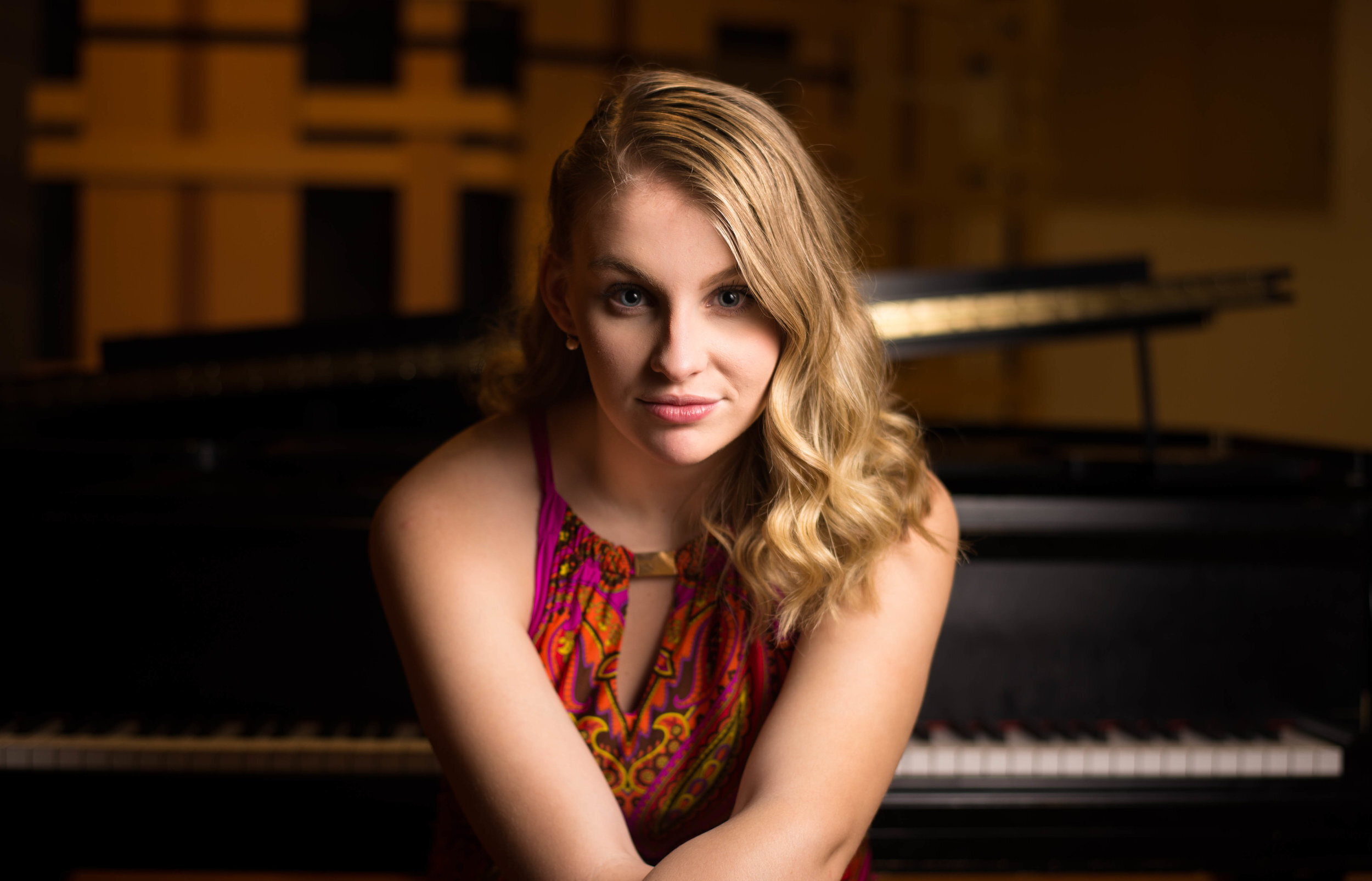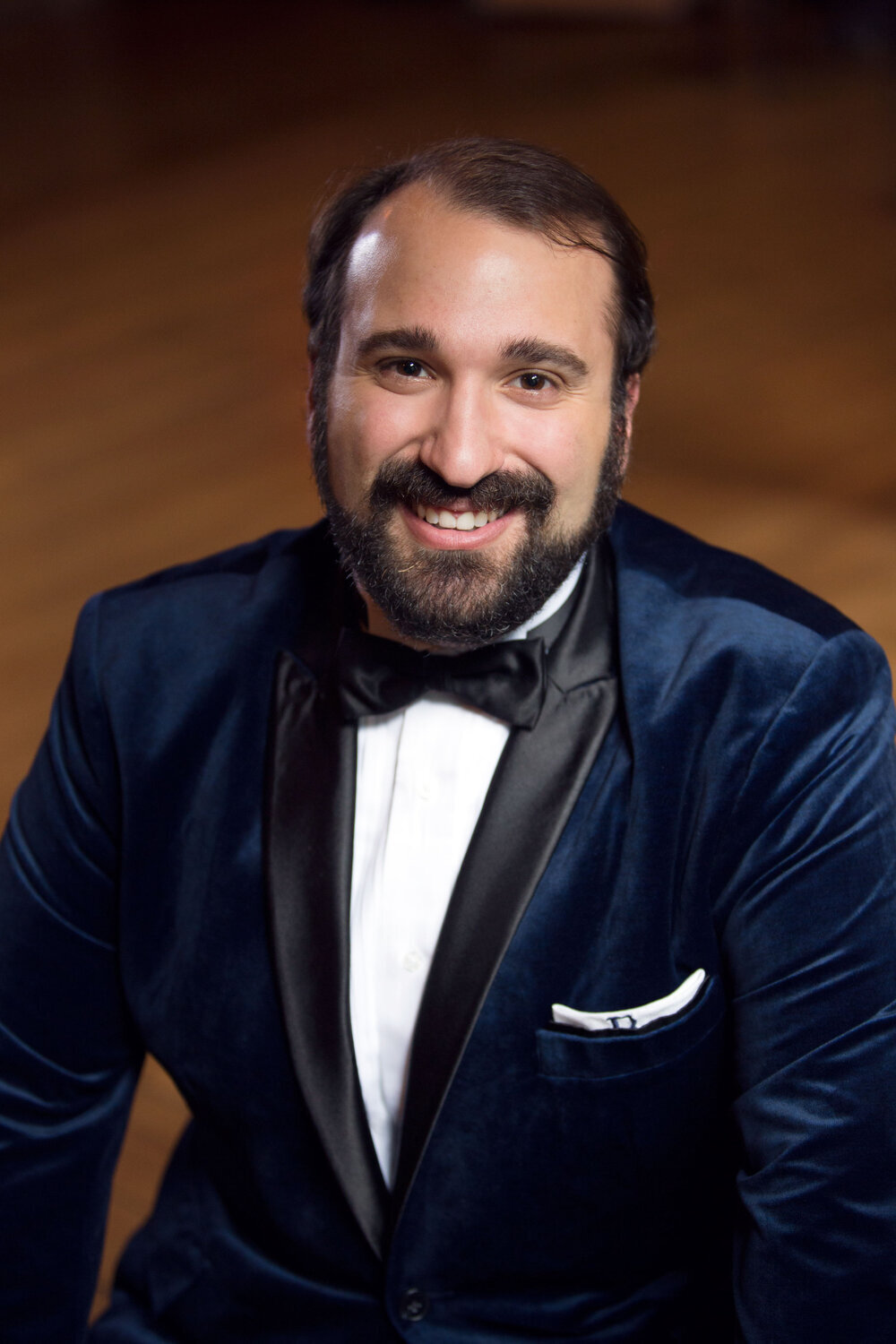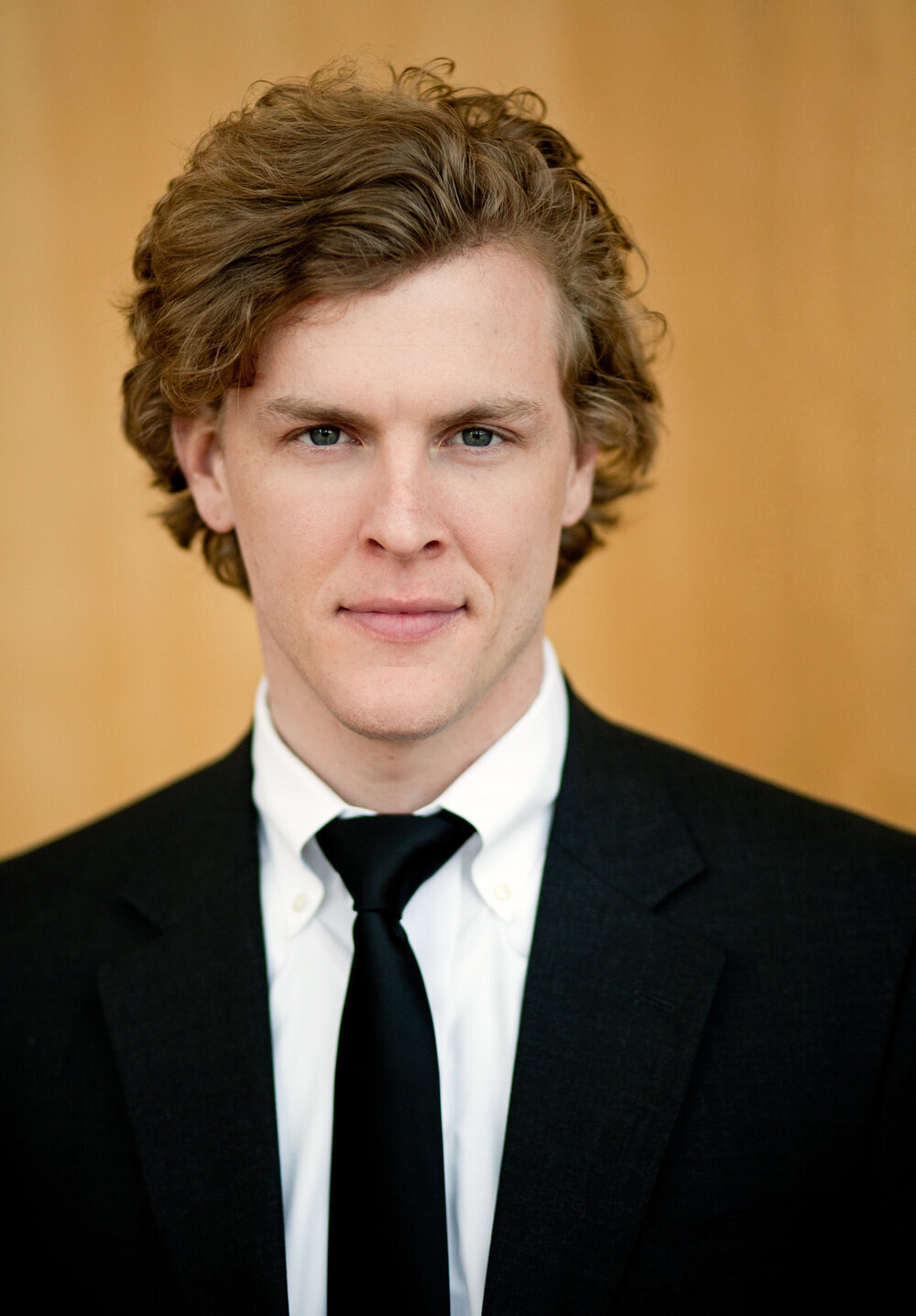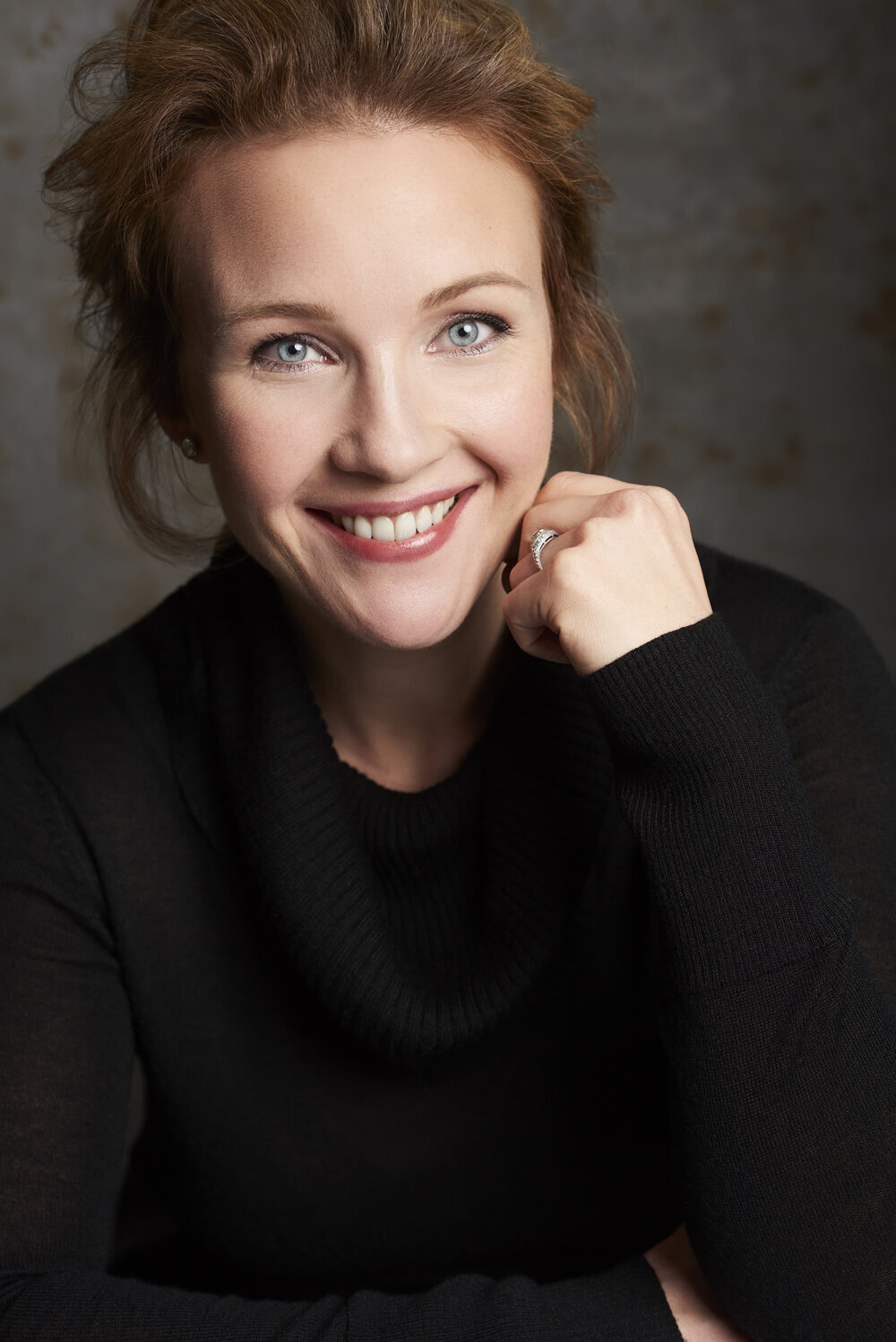Two Streams
with Houston Chamber Choir
Friday September 10, 7:30pm CT
South Main Baptist Church
4100 Main St, Houston, TX 77002
Sunday September 26, 2pm CT
Virtual Release
on Houston Chamber Choir Digital Stage

Caitlin Aloia, Soprano

Christopher Bozeka, Tenor

Mark Diamond, Bass

Sasha Cooke, Mezzo-Soprano

Daniel Knaggs, Composer
About
Kinetic and Houston Chamber Choir team up for a joint season opener, featuring American composer Daniel Knaggs’ new cantata, Two Streams, for choir and string orchestra. Based on Biblical texts and the writings of Polish nun Saint Faustina, this 70-minute work is in 14 movements, and was composed in memory of the composer’s father. Joining Kinetic and Houston Chamber Choir for this performance are internationally renowned soloists, Caitlin Aloia (soprano), Sasha Cooke (mezzo-soprano), Christopher Bozeka (tenor), and Mark Diamond. Following the performance, these forces will reassemble in Rice University’s Stude Hall to make the world premiere recording produced by Grammy Award-winning producer, Blanton Alspaugh.
Program
Grażyna Bacewicz: Concerto for String Orchestra, Mvt. I: Allegro (1948)
Daniel Knaggs: Two Streams for choir and string orchestra (2020)
I. Prologue
II. Thick Darkness
III. Song of Mercy I
IV. Invocations
V. Only Love
VI. Song of Mercy II
VII. Merciful Heart
VIII. Meditation
IX. Song of Mercy III
X. Mercy to Others
XI. Mother of Mercy
XII. Song of Mercy IV
XIII. Come, O Earth
XIV. Epilogue
Performers
Natalie Lin Douglas, violin
Samuel Park, violin
Jacob Schafer, violin
Giancarlo Latta, violin
Heemin Choi, violin
Mary Grace Johnson, violin
Joyce Kwak, violin
Nicholas Lindell, violin
Tonya Burton, viola
Sebastian Stefanovic, viola
Sergein Yap, viola
David Olson, cello
Danbe Lee, cello
Minzo Kim, cello
Austin Lewellen, bass
John Mietus, bass
Program Notes
This evening’s concert celebrates two incredible Polish women of the 20th century: Maria Faustina Kowalska, whose writings inspired Daniel Knagg’s Two Streams, and Grażyna Bacewicz, the composer of the Concerto for String Orchestra. Bacewicz began her musical career in the 1930s as a composer, violinist, and concertmaster of Polish Radio Orchestra, but most of her life would later be defined by disturbing historical events. During World War II, the Nazi Army occupied Poland, destroyed the monumental Chopin statue in her city of Warsaw, and by imposing a ban on performances of this most famous Polish musical hero, temporarily succeeded in suppressing their musical identity and cultural heritage. After the war, the Soviet Union occupied the country and instilled a pro-communist government, which placed a different set of stringent rules on acceptable music. They advocated nationalist-themed works and stifled musical eclecticism and outside influences. It was during these turbulent times that proved Bacewicz’s tenacity and resiliency. One of her acts of veiled defiance was her Concerto for String Orchestra in 1948, which passed the scrutiny of the censors through combining elements of folk, Baroque, and modern traditions through tonality and form. This Neoclassical piece turned out to be her most popular work, but it was also a testament to her subversive fight against her government’s restrictions, in the hopes that the world would finally turn to Kowalska’s fervent calls for peace and mercy.
—Written by Samuel Park
Two Streams is my most substantial compositional undertaking thus far. It was a labor of love—a project that I was greatly looking forward to tackling for years. But this project took on a new scope and purpose after my father unexpectedly passed away in September 2019. He was undoubtedly the individual most supportive of me and my music. Still unable to find words, I dedicate to him the composition he could not wait to hear.
Two Streams is inspired by a message of hope, seen through the eyes of an extraordinary woman named Maria Faustina Kowalska (Poland, 1905-1938). Living in a time of increasing upheaval, she felt called to write down words she heard and experienced in prayer, recording these in her diary. The message she was given was about mercy – that the world would not know peace without turning to mercy. After fulfilling her brief mission of relaying this message, she passed away only months before the outbreak of World War II, where all could see the trajectory of a world that would not turn to mercy.
Two Streams sets texts from three main sources: the Diary of St. Faustina, the Scriptures (in Latin), and liturgical texts (in Latin and Greek). The composition’s 14 movements are arranged symmetrically. The first and last movements are related, as are the second and 13th, the third and 12th, and so on. I simultaneously composed a version in Polish and in English. The great difference between these two languages placed many limitations on what the sung portions could be, but it also helped create a sense of simplicity.
The music itself is a tapestry weaving together threads from many eras, ancient to present. Threads of musical procedure and thought including Medieval, Renaissance, Baroque, Classical, Romantic, and contemporary, all contribute to the body of this work. This wide range of musical “styles” is far from being a nod to eclecticism for its own sake. Rather, incorporating musical features from throughout the ages in a sense illustrates the etymology of musical expression. Some of the earliest known examples of music are songs/chant expressing and asking for mercy. For millennia now, music has been seen as an apt medium for imploring, showing, and celebrating mercy. The composition Two Streams continues in this vein, exploring the timeless message of mercy as proclaimed through the hidden (but meaningful) life of St. Maria Faustina Kowalska.
In loving memory of my father, Charles Knaggs (1957-2019)
— Original Note by Composer

